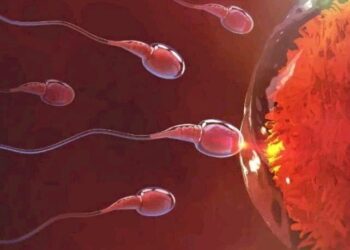Russia has launched its first cancer vaccine, which will be given to patients free of charge after showing strong results in early testing.
The treatment was first developed to fight colorectal cancer and proved very effective. In trials, it reduced tumour growth by 60 to 80 percent and improved survival rates. Researchers also found that repeated doses were safe, with no harmful side effects reported.
Because of these results, Russian scientists are now working on similar vaccines for other hard-to-treat cancers such as glioblastoma and melanoma.
Unlike common vaccines that prevent diseases like measles or chickenpox, cancer vaccines work differently. They train the immune system to recognise and attack cancer cells that are already in the body. According to the American Cancer Society, vaccines for some cancers, including prostate and bladder, already exist, but research worldwide is now speeding up to expand their use.
Cancer vaccines are usually lab-made substances that strengthen the body’s natural defences. Some are designed to stop cancers caused by viruses, such as the HPV vaccine, while others—like Russia’s new vaccine—are built to directly target existing tumours.
This rollout marks an important step in cancer treatment. It gives new hope to patients and pushes forward the fight against one of the world’s deadliest diseases.










Good message